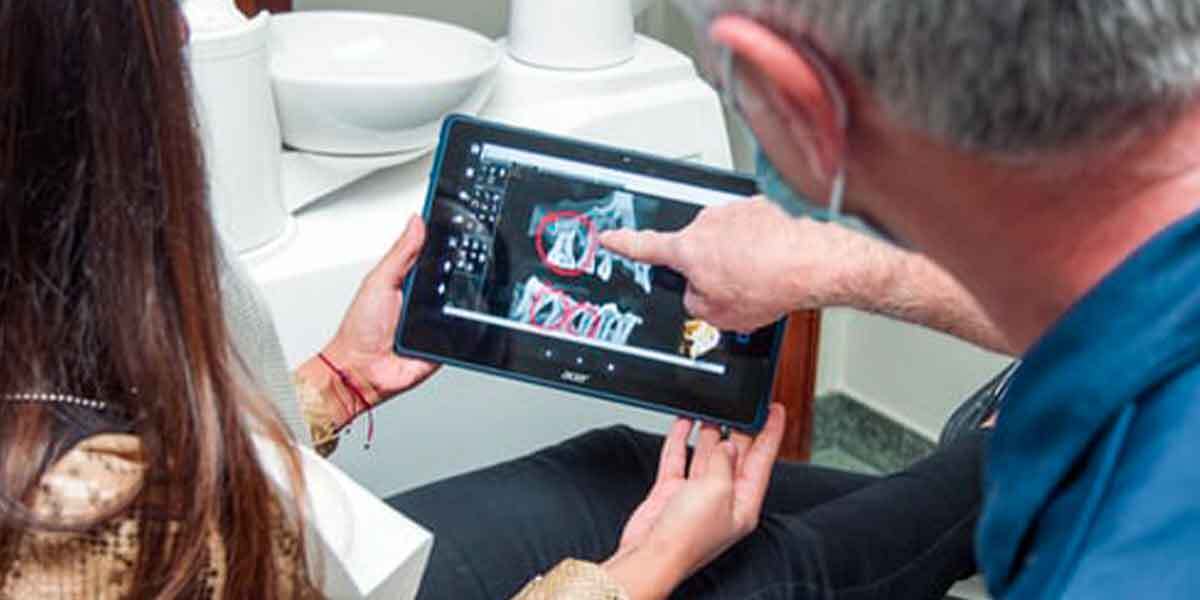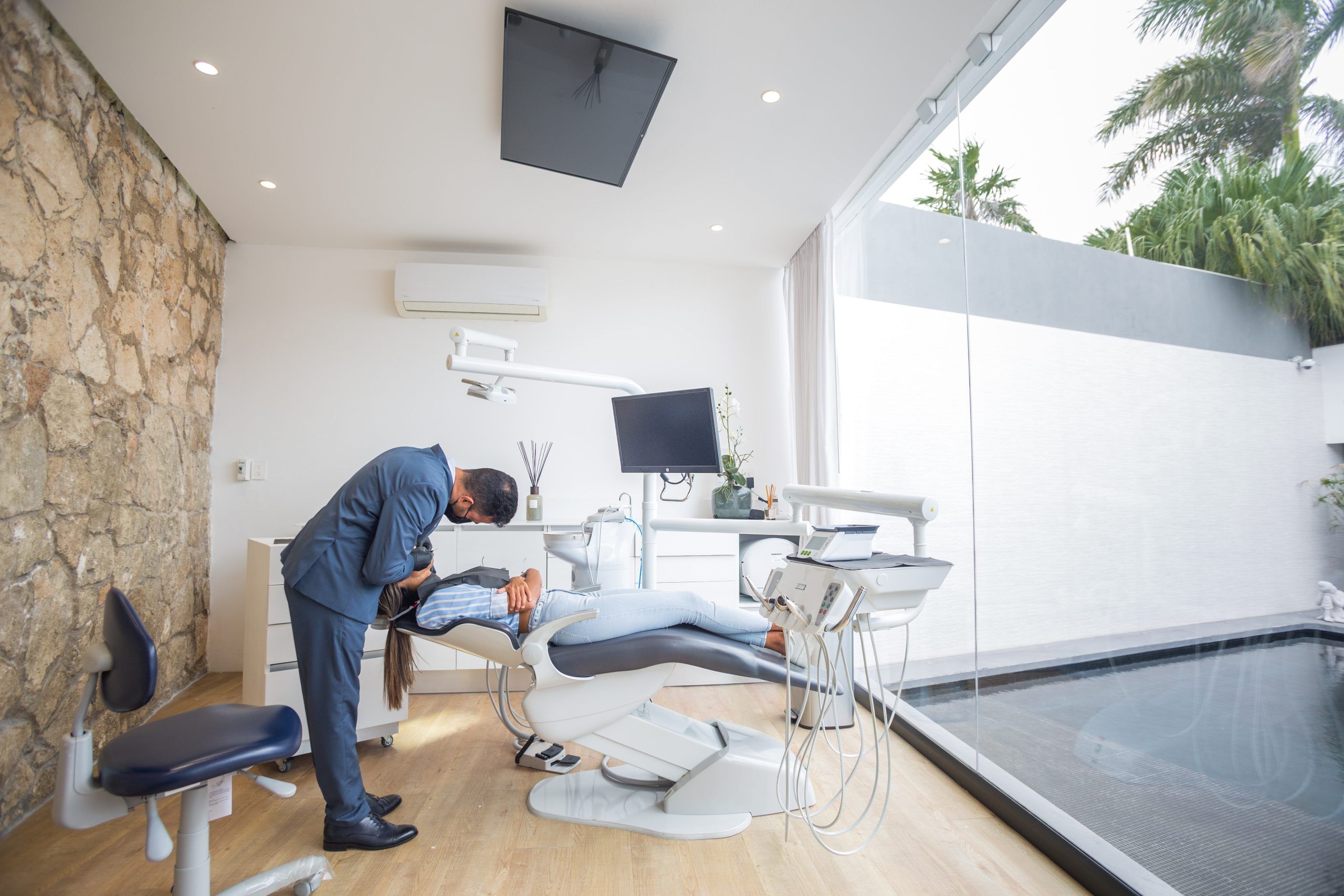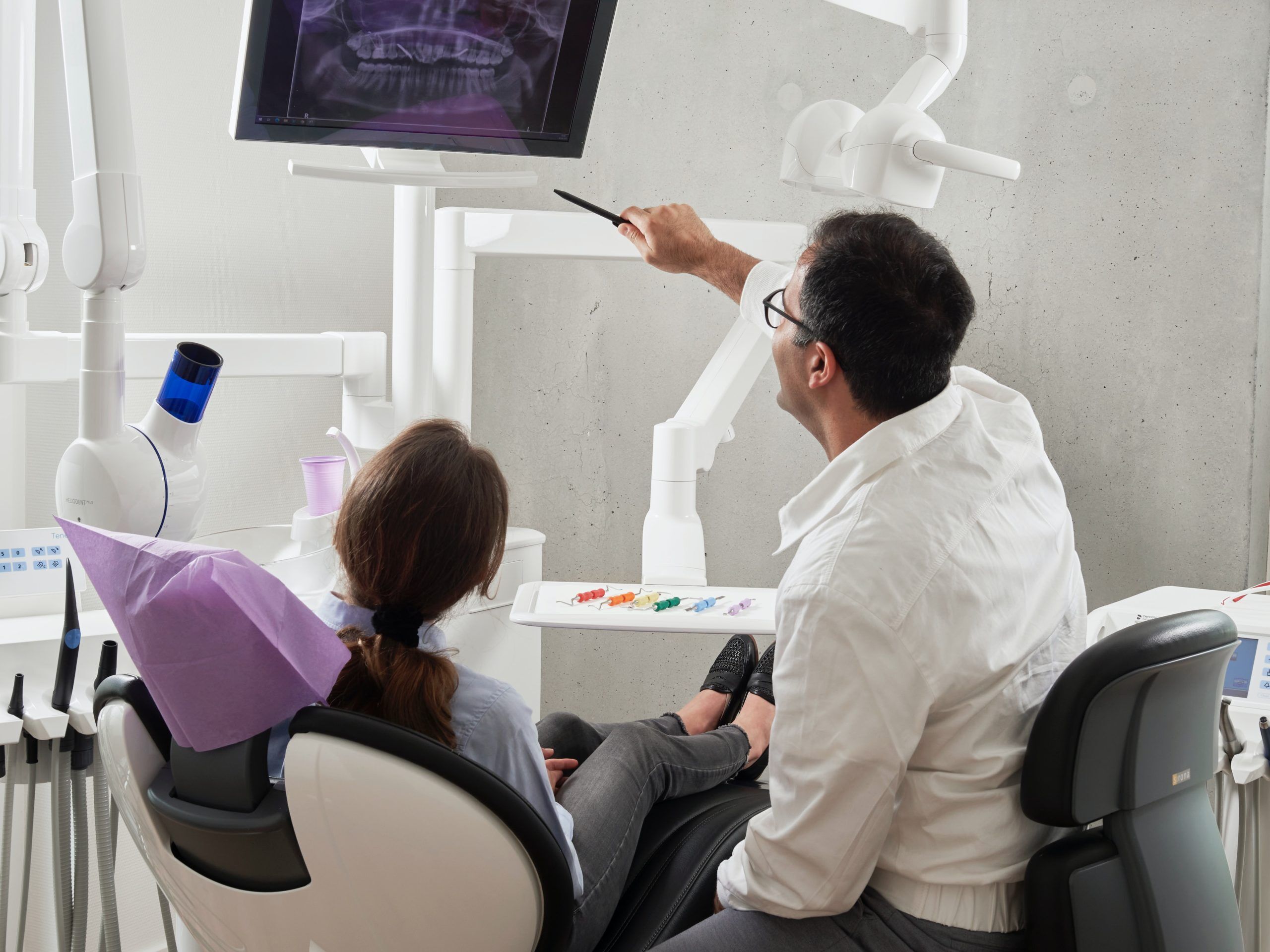Author: nearmedental
Wisdom teeth, also known as third molars, usually grow around the age of 18 to 25 years. Also, sometimes they erupt earlier or later than expected. They tend to appear at the very back of your mouth, below your second molars. However, some people never develop wisdom teeth because there isn’t enough room for them in their mouths. Others have problems with wisdom teeth simply because they do not fully emerge from the gums or become impacted (stuck) beneath the surface of the gum and jawbone. That can cause pain, infection, and other dental problems. Hence, require urgent medical attention at a local dentist near me.
Why do you get a wisdom tooth as per a local dentist near me?
Third molars are meant to help you chew food that’s tougher than usual, like nuts and corn on the cob. Sometimes, people never develop wisdom teeth because there isn’t enough room for them in their mouths. Wisdom teeth usually don’t cause too many problems if they do not grow in or develop fully.
Sign of getting wisdom teeth
Some people may feel pain or discomfort in their gums or jaws before they emerge. You may also experience earache, swollen glands (lymph nodes), and headaches.
Wisdom teeth sometimes can also cause problems because of where they grow. They usually are lower than your other teeth. So if you have any gum disease or tooth decay, it could put pressure on them and cause pain.
If this is the case, it can put pressure on or damage your other teeth. When this happens, you might notice that you’re not chewing normally or that food is getting trapped between your teeth more often than usual. So, consult a local dentist near me immediately.
Why do people remove wisdom teeth at a local dentist near me?
Sometimes, problems can arise when a wisdom tooth becomes impacted, though it happens less often. It includes pain, infection, and damage due to impaction. In this situation, you may need wisdom teeth extraction surgery to remove the problem tooth causing you discomfort. Removal of a wisdom tooth is known as an extraction.
A local dentist near me recommends removing the wisdom teeth when they can likely cause decay and gum disease.
Symptoms of an infected wisdom tooth
The symptoms of infected wisdom teeth include:
- Swollen lymph nodes in your neck or jaw if the infection spreads from the original site.
- Pain and swelling in your gum, beneath a tooth, or on one side of your face.
- A constant dull ache or sharp stabbing pain in a tooth or your gums.
- Difficulty opening your mouth wide.
- A toothache may indicate an acute dental abscess around a tooth. This condition can be painful and requires prompt attention to prevent the spreading of the infection.
Procedure for removing a wisdom tooth at a local dentist near me
•The dentist will numb the area with a shot of Lidocaine or any other local anaesthetic.
•The dentist may use a small tool called forceps to grasp and pull on your wisdom teeth to straighten them out so that they can come out easier.
•They then use another grasping instrument known as a hemostat to hold back the tissue around the tooth if it breaks off when taken out.
•Afterward, they use either a chisel, high-speed drill, or both to cut through the tooth’s outer layer. The dentist must be careful not to damage any surrounding teeth or bone while doing this.
•Once the tooth is cut, they use simple prying tools to help pop it out of its socket.
What to expect after a wisdom tooth extraction?
After your dentist suggests a wisdom tooth extraction procedure, you must know what to expect after the surgery. After tooth extraction, there are a few things to remember so you can easily recover from your procedure:
• A local dentist near me will give you a prescription for pain relief medication to take after the post surgery. It might be a shot, oral medicine, or both. A local dentist near me will talk to you about how often and what time of day you should take your medication.
• You’ll likely have swelling and some pain in the area where your extracted tooth is for a few days. It could be longer if the dentist extricated more than one tooth.
• It’s vital that you follow all instructions from your dentist or oral surgeon, including giving yourself enough time before returning to work or strenuous activity.
• In most cases, it takes 7-14 days before you can do anything strenuous like long workouts at the gym. However, it depends on the person as well as which tooth was removed.



